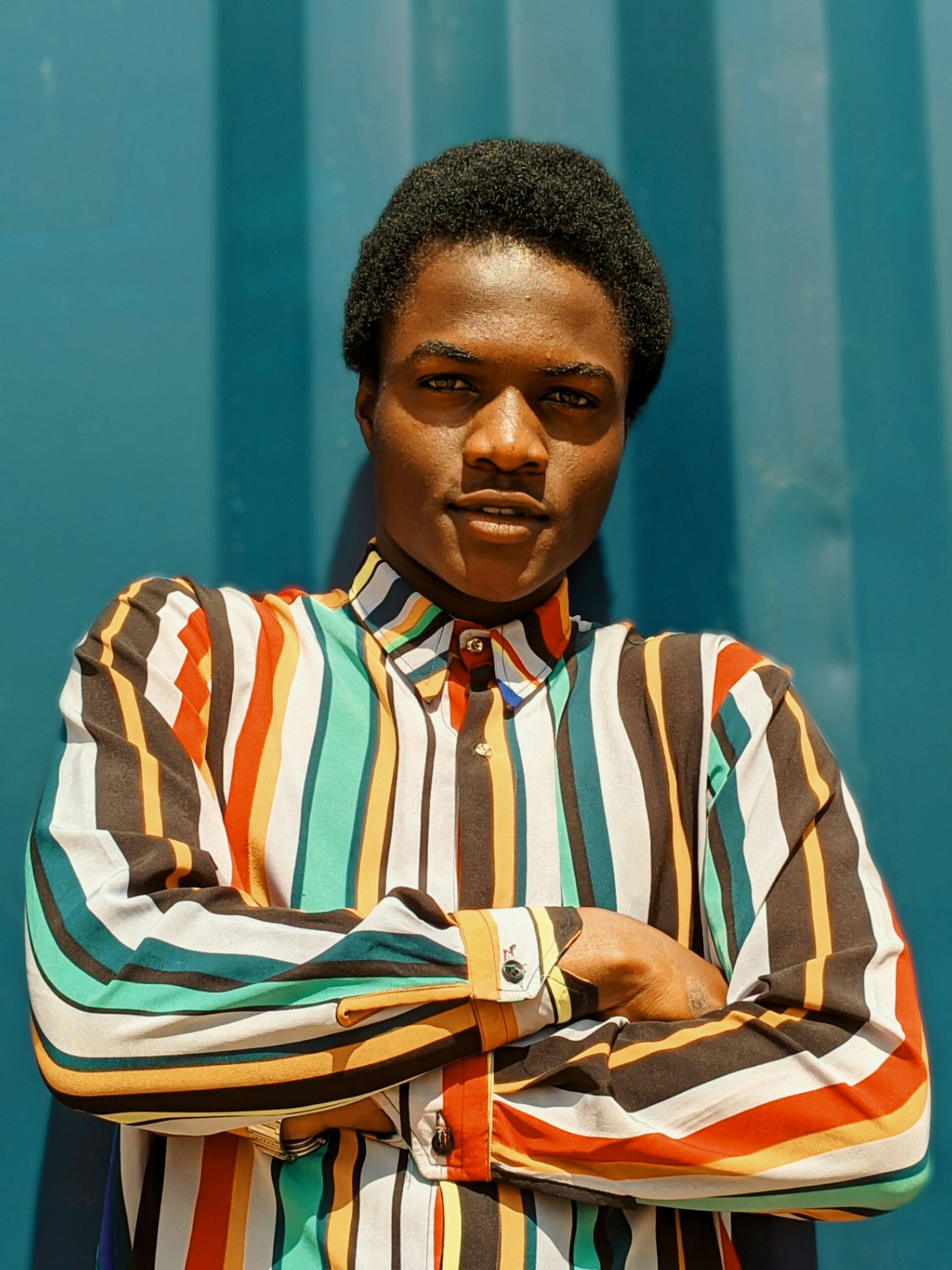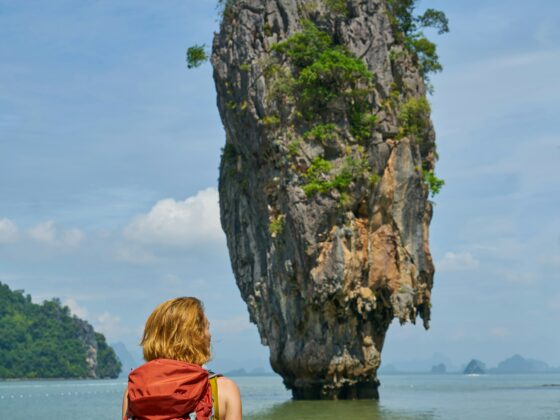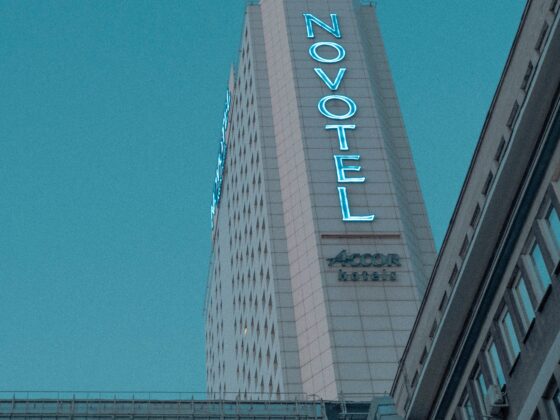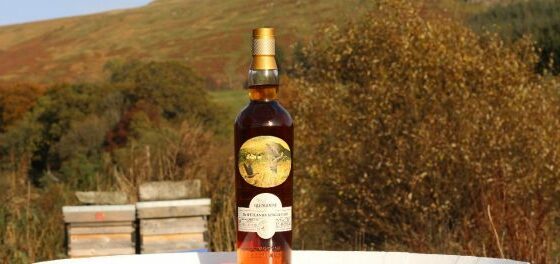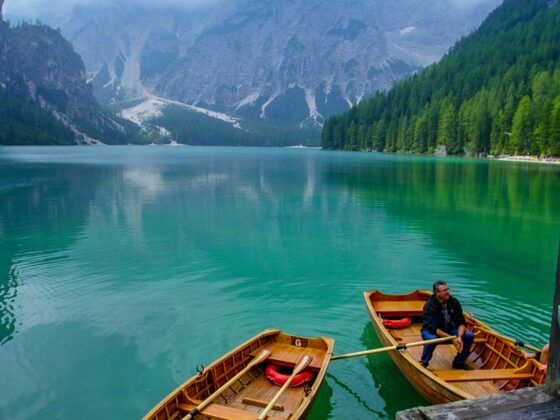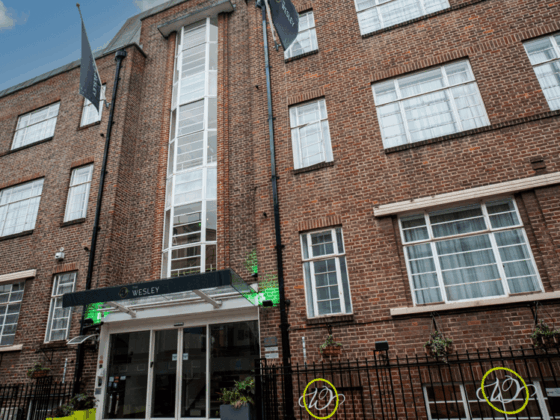“We aim to offer the students an environment that’s like a second home; in which they can feel safe, and which connects them to the environment,” Bastian explains. “Our curriculum is split into three programs. The first is called Ocean Safety, which is eight weeks long and is compulsory. Once they finish those eight weeks it qualifies them for the main school curriculum, which consists of basic English and Spanish, the latter with a focus on literacy. And then the final part is teaching them how to surf.”
The Ocean Safety course does not just relate to the students’ own safety in the water, although they are taught basic swimming skills. It’s also about the ocean itself; how waves are formed and the variety of marine life which call it home.
“These kids live on an island, so the ocean is literally on their doorstep. But we often hear them say that they feel like they’re living with their back to the ocean, because they don’t get the chance to connect with it. If we can make that connection, we’ll have more chance to act on issues such as plastic pollution – because it’s hard to care for something you feel no connection with,” says Bastian.
Career opportunities
The English language element is especially important for Bastian, a German national whose impeccable English has, he acknowledges, helped to open doors to studying at Glion and subsequently in his professional career.
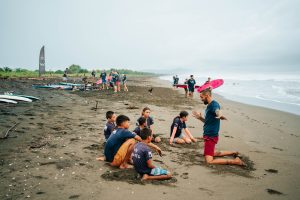
And surfing helps to impart some serious life lessons too, according to Bastian. “Surfing teaches you values such as discipline, respect for yourself and others, and respect towards nature. But it also relates a lot to life, especially in learning to fail and the resilience to get back up again. Last but not least, it teaches you adaptability, because the ocean waves are ever changing, and you have to learn how to solve the conditions in front of you.”
These all, of course, fit within the category of soft skills. And developing such skills is certain to make the school’s alumni more attractive to potential employers, especially in the fast-growing tourism and leisure sector which is already contributing to the local economy, and which Bastian feels still has significant upside.
There’s no doubt such opportunities are urgently needed. Bastian notes that around 90% of the local population is without formal employment, and around a quarter are living on less than two dollars a day – the definition of ‘extreme poverty’.
“For our newest initiative we’re establishing a community tourism project in partnership with the Costa Rica based Fundes Centroamérica. It’s called Econecta”
“That said, we can see the potential in this community. And that’s why for our newest initiative we’re establishing a community tourism project in partnership with the Costa Rica based Fundes Centroamérica. It’s called Econecta, and ours will be similar to the existing project they are running in Mexico,” Bastian explains.
“It’s going to be a big challenge, but I can also see wonderful potential for lifting people up and breaking the cycle of poverty – giving people the tools to make that happen. We’re currently in the fundraising stage and we’re aiming to start quite small, but to get this initiative up and running in 2025.”
Money for knowledge
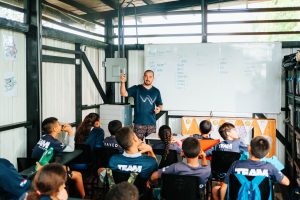
One important aspect of Econecta is that it will help to financially support Waved’s educational activities. Waved relies heavily on support from individual donors and Bastian admits that raising funds is a perennial challenge; one that takes up much of his time.
“We’re lucky that we have generous donors, many of whom are based outside of Panama. But with Econecta as well as giving local people employment opportunities as guides, we’ll also encourage tourists to donate a portion of their travel budget to Waved to help support the school. In the longer term, we hope not just to become self-financing but also to have the funds to open more schools throughout the region.”
One aspect that helps this process is that Waved is committed to transparency, as well as monitoring and evaluation. Among its Panamanian peers, Waved is the only social purpose organization to publish quarterly reports. You can access the most recent via this link.
A circle of support
For Bastian personally, the new Econecta venture further reinforces his involvement in the area of tourism and hospitality, which was the focus of his degree at Glion. He adds, “Since 2017 we have been working on developing community tourism initiatives through which more than 10,000 travelers have been directly supporting Waved. Thanks to a local travel agency called GAPA Travel – led by a Swiss national – we enabled each visiting tourist to donate $3 to Waved.”
That said, Bastian’s post-Glion career path initially took him away from the business of hospitality, centering instead on management consulting and project management. The ‘sliding doors’ moment in his life’s trajectory was Glion-inspired, however.
“One day a colleague of mine introduced me to surfing. And I was like, wow!”
“I had a Swiss Brazilian as a classmate and he really wanted to show me South America, which I’d never visited up to that point,” Bastian reveals. “The moment I landed in Brazil, I just fell in love with the lifestyle, the language, the people, everything. I managed to get a job in Brazil (with the retail conglomerate Cencosud) and then one day a colleague of mine introduced me to surfing. And I was like, wow!”
This revelation changed the course of Bastian’s life, leading him to quit his job and move to Panama, where he set up Waved in 2016. The initial premise was to provide English lessons for local schools, together with surfing and swimming classes and efforts to improve the infrastructure of public schools.
Eight years later, that’s now mushroomed to embrace the activities and initiatives we’ve highlighted in this feature. It has even seen him spread the Waved philosophy to the country of his birth, with the opening in January 2024 of Waved Foerderverein e.V. based in Hamburg.
It’s a period of his life that Bastian feels has been pivotal.
